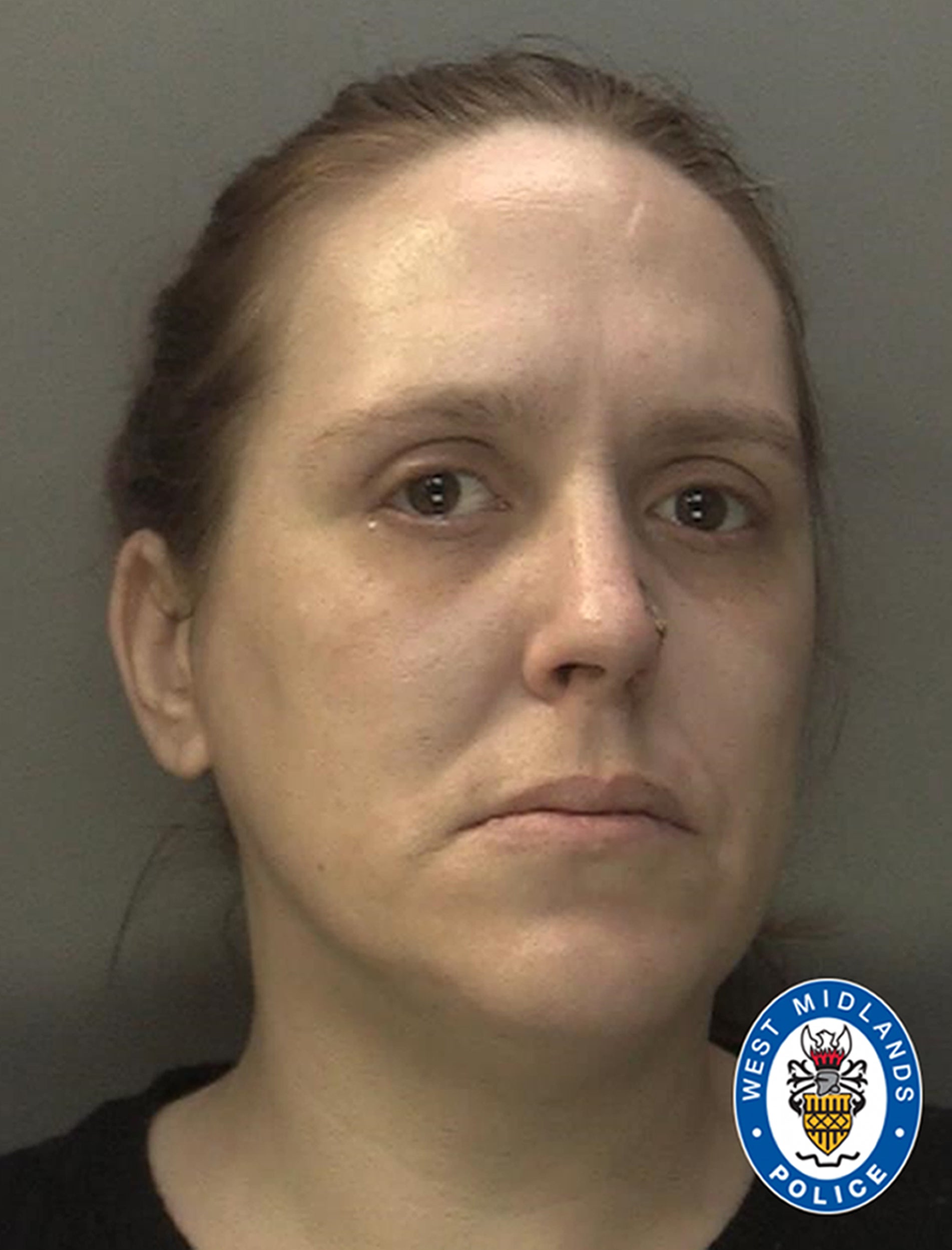
A vulnerable and severely asthmatic seven-year-old boy died in “horrendous” circumstances after he was failed by child protection agencies who “could and should have done better”, a serious case review has found.
Hakeem Hussain died alone, “gasping for air” in the garden of an address where he was staying with his neglectful mother, Laura Heath, in the early hours of November 26 2017.
Heroin addict Heath, 40, was jailed earlier this year for her “frail” son’s gross negligence manslaughter after being convicted by a jury at Coventry Crown Court.
She has contributed to a serious case review into the circumstances surrounding her son’s death, published on Thursday by Birmingham Safeguarding Children Partnership (BSCP), saying: “Hakeem should never have been left with me.”

In the months leading up to Hakeem’s death she was “challenging and difficult to engage”, and lied to his school and social services, intimidating some professionals with her behaviour, the report found.
The night her son died Heath later told police she smoked three bags of heroin – two before Hakeem went to bed at 10.30pm and one afterwards – leaving her in a drug-induced sleep.
At trial, the action or inaction of child protection agencies including Hakeem’s school, social workers, police and doctors came into focus, with the case review critical of all services involved.
It emerged a nurse had warned that the boy “could die at the weekend” two days before he collapsed.
The alert – at a child protection conference on the Friday afternoon – was not immediately acted on and, by the early hours of the Sunday, Hakeem – described as bright and bubbly – was dead.
Jurors heard that a nurse, as well as a family outreach worker at Nechells Primary School also at the meeting, scored Hakeem’s safety as zero out of 10.
However, the conference ended with agreement the social worker would speak to Heath on Monday, by which time Hakeem had died.
Speaking immediately after Heath’s conviction, Andy Couldrick, chief executive of Birmingham Children’s Trust, which took over the city’s child social services in early 2018, said there were “clear missed opportunities” in social services’ handling of the case.
With the benefit of hindsight, the extent of Hakeem’s neglect was there to be seen— Penny Thompson, BSCP chair
Hakeem’s father – who attended for much of the trial – was in prison at the time of the boy’s death, for an unrelated offence, and Heath had previously had other children taken into care.
“Incapable” Heath deliberately “prioritised her addiction to heroin and crack cocaine”, with Hakeem “gasping for air” immediately before his “needless” death, Jonas Hankin QC said as he opened the trial at the time.
In the serious case review, independent chairwoman Penny Thompson said it was “horrendous” that Hakeem’s “unhappiness and fear of repeated asthma attacks… and the marked reduction in his attendance and performance at school, did not trigger more effective intervention”.
“Through the serious case review we have learned all those organisations and individuals who came into professional contact with Hakeem could and should have done better,” she said.
“Once again, we have a tragedy of a child dying from asthma. This is not inevitable or acceptable.
“With the benefit of hindsight, the extent of Hakeem’s neglect was there to be seen well before the decision to place him on a child protection plan two days before his death.
“In particular, the school did not escalate their concerns effectively; there was a lack of join-up across health service organisations and ineffective discharge for his asthma.
Learning from Hakeem’s death has contributed to positive and lasting improvements in partnership working for the protection of children— Penny Thompson
“The GP did not recognise a need to share important information without consent because of the risk of significant harm.
“The social worker was trying to work positively with Hakeem’s mother and prioritised (other vulnerable family members)… to the detriment of Hakeem.
“The police did not identify opportunities to properly consider the safety of children when responding to incidents within the home.”
Ms Thompson said the joined-up working needed between different agencies to “enable Hakeem’s needs to be properly seen, and his voice heard, was sadly lacking”.
She said “many themes” identified from other case reviews over the years included “the need to hear the voice of the child and understand their lived experience”.
The report concluded it was vital to understand a child’s “heritage, identity and extended family” and respond to “changes and performance in school”, and it was “imperative to share information… not to rely on parental consent”.
She said Hakeem’s short life had been lived against a background of his “mother’s drug dependency linked with serious economic hardship, poor housing and personal consequences, competing concerns for other vulnerable family members”.
When taken together with Hakeem’s chronic asthma, the life-threatening condition “finally proved fatal”, she added.
Concluding the lessons-learned review, Ms Thompson said: “A lot has changed (since 2017).
“There have also been significant developments and improvements in services… with the (West Midlands) Police, NHS and (the) local authority (Birmingham City Council).
“We cannot guarantee no child will suffer neglect, nor die from asthma, but we can assure everyone learning from Hakeem’s death has contributed to positive and lasting improvements in partnership working for the protection of children.”







